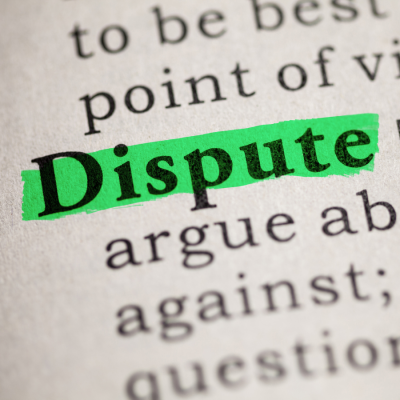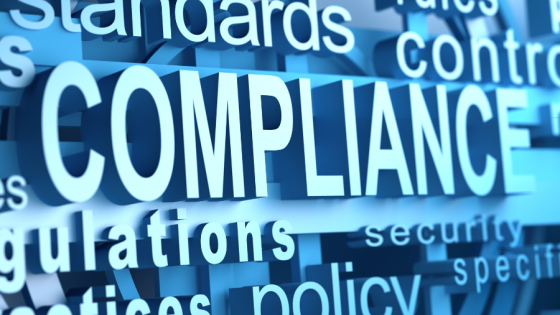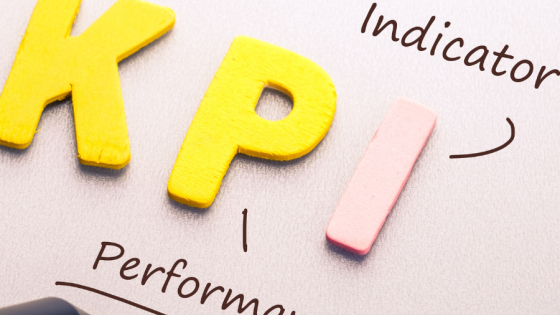Alternative Dispute Resolution guidance
18 Aug 2025
Categories & Tags

The Alternative Dispute Resolution (ADR) process uses independent HMRC facilitators to help resolve disputes between HMRC and taxpayers.
The person leading the ADR will act as a neutral, third-party mediator will not have been involved in the initial dispute between HMRC and taxpayers.
The use of the ADR aims to find a fair and quick outcome for both parties, helping to reduce costs and avoid a Tribunal case. The facilitator works with both the taxpayer and the HMRC case owner to try to broker an agreement between them. The ADR is mainly aimed at helping businesses with disputes. However, the facility can also help with taxpayers’ personal affairs under certain circumstances. The guidance has been updated to include new information about the principles and responsibilities that must be agreed upon when applying for ADR. The full ADR principles can be found in HMRC’s Alternative dispute resolution — CC/FS21 factsheet. This factsheet has recently been updated.
The ADR process cannot be used for disputes relating to specific areas including the following:
- complaints and disputes about HMRC delays in using information or giving you misleading advice
- cases the First-tier Tax Tribunal have categorised as ‘paper’ or ‘basic’
- tax credits
- default surcharges
- automatic late payment or late filing penalties
- PAYE coding notices
- cases that HMRC’s criminal investigators are dealing with.
An application to use the ADR can be made by completing an online form and HMRC will issue a response to the application within 30 days confirming whether or not ADR is the right process for handling the dispute.
Our friendly Business and Tax Advisory experts are here to support you every step of the step of the way. Give them a call on 01380 723692 or email us here.
News & Resources

Alternative Dispute Resolution guidance

The Cycle to Work Scheme

Help with outstanding tax bills

Updated list of tax avoidance schemes August 2025

Interactive online tool for tax compliance check

VED rules for electric and hybrid vehicles

Taxation of entertainment expenses


